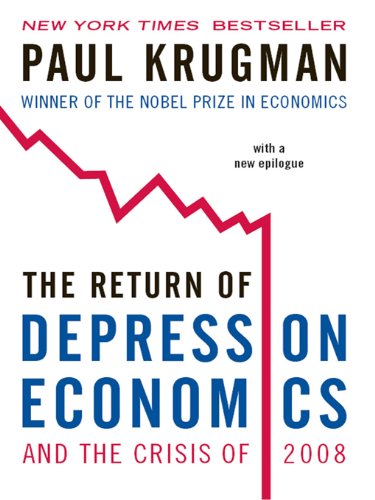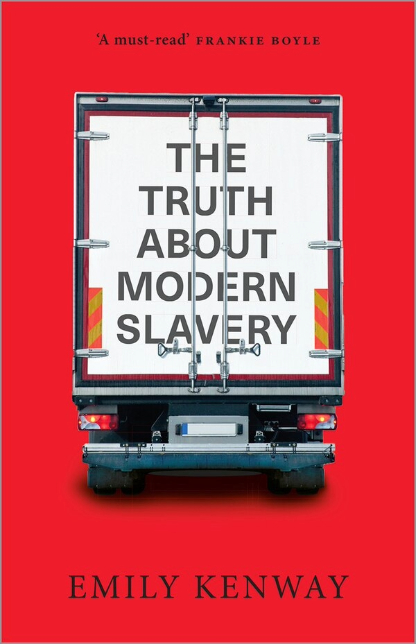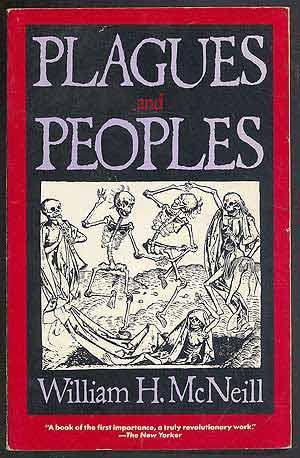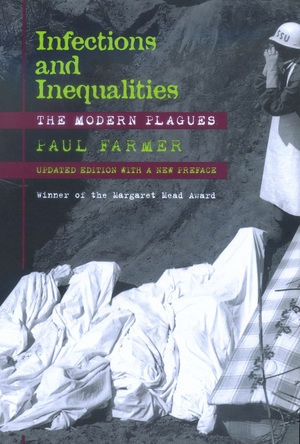From the Ground Up: A Journey to Reimagine the Promise of America, Howard Schultz with Joanne Gordon, Random House New York, 2019, pp. 352, $37.00, ISBN 978-0-525-50944-8
Howard Schultz came in from the cold.
Appearing on 60 Minutes in the last week of January, Howard Schultz, founder and former CEO of Starbucks, said that he was “seriously thinking of running for President” as a centrist independent candidate. Why? He went on to provide the answer on MSNBC’s Morning Joe, telling Mika and Joe that “our government and politics is broken” and that it “doesn’t matter whether a Democrat or a Republican wins, nothing will change”. Schultz aims to “capture the imagination of 42% of the population who identifies as independent”. He wants to be the “new person” that offers a valid alternative for the voter to choose and move away from the extremes in both directions, from, as he says, Elizabeth Warren and Kamala Harris type on the left, and Donald Trump. The media blitz that followed focused on the reasons behind his decision to run, and all policy specifics were left out of the discussion. Indeed, when asked about corporate tax, Schultz responded that he did not want to talk in the hypothetical about what he would do if elected president. What do you want to talk about when you are considering a run for the Presidency Mr. Schultz?
Naturally, this caused consternation in the democratic camp. The former mayor of New York and a perennially potential candidate Michael Bloomberg warned his fellow billionaire that his run would spell the re-election of Donald Trump. Stephen Colbert dissed his centrist aspirations in his opening monologue. Michael Moore, appearing on Late Night with Seth Meyers, went so far as to call for boycotting Starbucks until Schultz announces he is not running. Protestors gathered in front of a synagogue Schultz attends and chanted “No, Howard, No!”, while the top brass of the Democratic Party dismissed his run as sad and quipped that no Democratic voter would waste their vote on that.
Does Howard care?
Schultz followed the great (albeit annoying) tradition of publishing a book in the year or prior to announcing the run for the presidency. His From the Ground Up, written together with Joanne Gordon, tells the story of the man and his vision for America. Moreover, as do all other campaign biographies, it attempts to weave his biography with political commentary on the current state of affairs, while outlining the main elements of the future campaign platform. Schultz’s, and by extensions Starbucks’ journey, is the journey of America.
Schultz claims that this book reveals aspects of his life that he has not revealed before. His personal touch is aimed to emotionally suffuse the reader and create a deeper connection between the potential candidate and the potential voter. He opens up about his upbringing in the projects in Brooklyn, living with his mother who suffered severe bouts of depression and an emotionally distant and physically abusive father. His was by no means a warm family home, with poverty caused tension between the family members and the shame of having to borrow money from friends. This left Schultz lacking connection and a deeper sense of belonging.
Then comes the inevitable ‘self-made’ billionaire story. It starts small, with the individual struggling to make ends meet in a low-income household. Then come the ambition, drive and the entrepreneurial spirit that developed Starbucks from an idea that appeared to the man in a small espresso bar in Milan, Italy. Of course, one must not allow for the story to be a smooth ride to the top. Difficulties and the individual’s overcoming of them are just as crucial to the story as is his success. Had Schultz not been able to muster $3.8 billion, his ambition would have been upended by a competitor who also happened to be one of the investors in Il Giornale, the precursor of the current chain. In fact, what prevented this from happening wasn’t Schultz’s grit, but a chance meeting with William H. Gates Sr., Bill’s dad, who intimidated the opponent into withdrawing his bid. “Self-made” billionaire?
From the Ground Up attempts to align the story of Starbucks with the story of the American Dream in order to compensate for his lack of experience in the public office. Starbucks’ major battles are in fact America’s major battles. So when the author(s) talk about Starbucks’ involvement in the questions of 2008 recession, race, comprehensive health care, affordable college, care for the veterans, a partnership with China, refugees and immigration, as well as the opioid crisis, they not only aim to paint Schultz as a dedicated and caring leader but also as somebody who is already doing the job the government was tasked to do.
Each of the issues outlined is presented as a task that was incumbent on Starbucks to solve. Those who suffer are named in the book and give the work air of familiarity. Starbucks provided its ‘partners’ with comprehensive healthcare insurance; even those who were employed on a part-time basis. Schultz makes sure to mention that he did not compromise this aspect when pressured by investors to cut benefits in order to increase profits. He stood up to investors, the author wanted the reader to know. His is not a short term economic goal but is rather people-centric. So much so that Starbucks in China extended healthcare insurance to terminally ill parents of their ‘partners’ there. Something which the ex-Chinese president, as well as China Daily newspaper, lauded the company for.
The veterans. If one is to run a remotely credible presidential campaign, one does not overlook the veterans. This group of people are given the most page space in the book and repeatedly occur in chapters throughout the book. Schultz goes out of his way to admire these people. After having met Bob Gates, the newly minted board member of Starbucks Corporation, Schultz’s interest in veteran affairs increased. He shuffled from Joint Base Lewis-McChord to Walter Reed meeting and talking to veterans, trying to understand the difficulties they face in their transition to civilian lives. At the hospital, he witnessed veterans suffering from PTSD, veterans whose limbs have been severed in war. In all of that, Schultz saw commitment and sacrifice for the country. He had to do something for the veterans. There was the $30 million pledge from the Schultz Family Foundation to address veterans employability, health care and reintegration with their families; the veterans’ stories featured in a book Schultz co-authored with Rajiv Chandrasekaran; the Armed Forces Network and their commitment to hire 10 thousand veterans and lastly the spectacle the was organized for the Veteran’s Day that featured numerous celebrities.
Schultz interjects in the ban debate with a stand on the immigration issue. While acknowledging that completely opening the borders would be ludicrous, Schultz pays homage to Lady Liberty and the promise that she stands for. Starbucks commits to hiring refugees, partners up with NGOs and of course, organizes an open forum in the Seattle office which addresses the issue.
The pattern is clear. Schultz identifies an issue, Starbucks addresses it. There are nods to Israel and Schultz’s ability to bring people together and develop a dedicated team of professionals, as well.
However, no detail is revealed as to what policies Schultz sees as necessary to solve the issue permanently. His band-aid solutions do not address the problem at the root and often times backfire, as was the case with his attempt to contribute to the race debate with #ComeTogether. He fails to grapple with hard questions, such as government regulation on businesses and social spending. Why is there no mention of Starbucks’ anti-competitive behavior? The chain can afford to buy out small, independent cafés, while at the same time operating at a loss until it dominates the market. What about the unions? What’s Howard’s stand on the Starbucks Workers Union? Why is there not a talk of the minimum wage, but only ambiguous assertions that Starbucks cares for its ‘partners’? What about the tax? What of Reuters’ report that Starbucks had paid only £8.6 million in tax over 14 years of its operations in the UK and the machinations which allowed Starbucks subsidiaries to report a loss even after generating substantial profit?
Perhaps that’s what centrist candidate is. His attempt to present a committed portrait of himself fails upon closer inspection. One must read beyond the names of the suffering individuals to see that Schultz’s band-aid solutions will not be replicated on a national scale. A company is not a government. Starbucks is not America, and America is not Starbucks. The sooner Schultz realizes that, the better.




